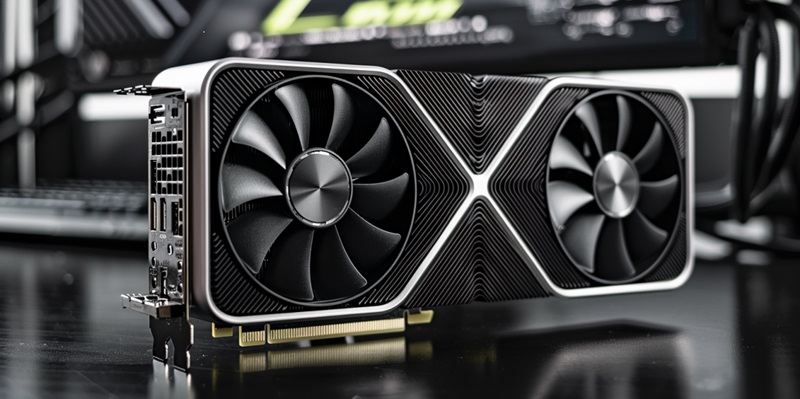In response to the booming AI and machine learning sector in Asia Pacific, Vultr is capitalizing on a strategic partnership with Singtel. This venture aims to enhance Vultr’s cloud GPU services by leveraging NVIDIA’s advanced GPUs. Targeting primarily Singapore and its vicinity, the collaboration is poised to satisfy the increasing need for advanced AI model training and inferencing solutions.
Integrating these cutting-edge GPUs into Singtel’s Paragon platform marks a significant step forward for both companies. It promises to offer an unprecedented level of performance and efficiency, positioning them as pivotal players in the regional tech landscape. The move not only reflects Vultr’s commitment to staying abreast of progressive technologies but also Singtel’s dedication to fostering a robust environment for AI development. This partnership is expected to catalyze innovation, providing customers with top-tier resources to drive their AI endeavors to new heights.
Meeting AI Infrastructure Needs
Vultr—armed with a robust network of 32 data centers, including a strong presence with nine facilities in the Asia-Pacific region—is poised to scale its operations thanks to its partnership with Singtel. This collaboration is set to launch in Q3 of 2024, introducing advanced GPU technology across Singaporean data centers bolstered by Singtel’s support. Constant’s CEO, J.J. Kardwell, affirmed Vultr’s ambition to emerge as a dominant force in the AI infrastructure sphere. Concurrently, Singtel’s Bill Chang envisions this initiative as a stride toward making high-performance computing more universally accessible and financially feasible. Both leaders see this venture as pivotal in shaping the landscape of cloud services and AI capabilities, with a strong focus on ease of access and affordability for varied users worldwide.
Data Center Development Goals
Singtel is enhancing its infrastructure across Asia, notably in Singapore, Indonesia, and Thailand, with the rollout of Nxera data centers. These facilities are specifically designed to support large-scale and sophisticated AI workloads, leveraging the power of advanced NVIDIA GPU technologies. With a keen eye on efficiency, these data centers are tailored for handling intensive operations while prioritizing energy savings, aligning with the global trend towards environmentally friendly yet robust computing solutions. This strategic development represents a strong commitment to technological prowess and sustainability, aiming to fulfill the growing needs for high-performance computing in the region. Furthermore, these state-of-the-art centers will play a crucial role in strengthening Singtel’s position as a leader in data center operations, providing customers with reliable and powerful digital services that drive innovation and growth.
Forging Ahead in High-Performance AI
Vultr and Singtel’s fusion goes beyond resource enhancement, signaling a strategic shift that aims to democratize and strengthen AI infrastructure in the Asia Pacific region. Their collaboration sets new standards for AI infrastructure services, building on Vultr’s precedent of forging impactful partnerships, like their alliance with Airtel in India, to transform AI infrastructure for the telecom industry. This alliance not only evidences their commitment to meeting the escalating demands of the technological age but also reflects their anticipation of the future needs of AI infrastructure. Through this alliance, they wield the foresight to cater to the increasing reliance on digital technologies, ensuring that AI infrastructure is both robust and widely available. This alliance underscores the vital importance of advancing AI infrastructure support in a rapidly evolving digital landscape.

